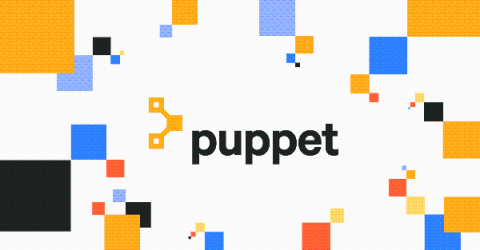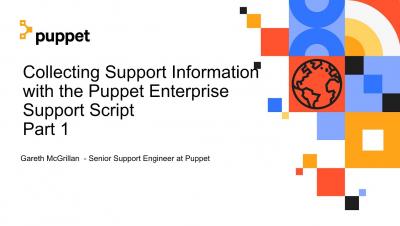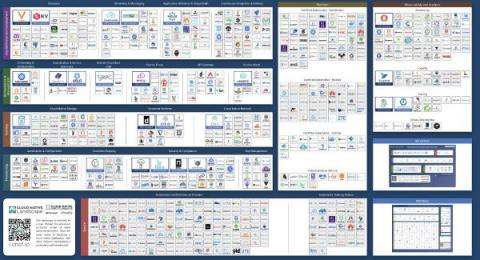Two years into the pandemic: the state of DevOps salaries
For the second year in a row, we have published a pandemic-era DevOps Salary Report. It’s no surprise that the pandemic catapulted every type of company into a digital transformation frenzy. We have done our best to distinguish between temporary shifts and long-term trends dictated by a newly hyper-digital world. In 2021, we are grappling not only with the reality of the pandemic, but with the Great Resignation – at least in the U.S.










